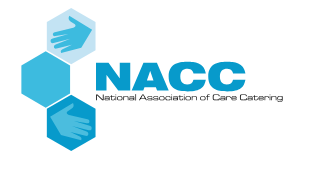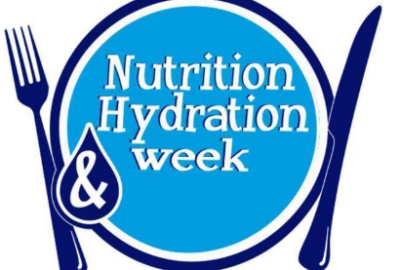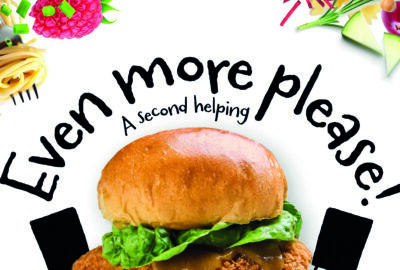Healthy breakfasts help children receive the nutrients they need for growth and development, reduce hunger and support learning. This is just one of the findings from a recent study commissioned by charity Magic Breakfast which was conducted by the British Nutrition Foundation.
Importance of Breakfast
The study revealed that up to 30% of children and young people were skipping breakfast, especially adolescents, and particularly teenage girls. To mark the importance of breakfast and reduce this number, the British Nutrition Foundation is holding National Schools Breakfast Week starting on Monday 9th September. Their aim is to encourage schools to highlight their breakfast offer and teach how breakfast can support health and development.
While many schools offer breakfast clubs which can help to develop healthy eating habits, improve nutritional intakes, increase attendance and provide the opportunity for social interaction, not all children are able to participate. Magic Breakfast works with schools in England and Scotland to ensure as many children as possible have the opportunity to eat breakfast. Breakfasts are funded through donations from individuals, trusts, corporate partners and a small membership fee from schools. The team work with corporate partners such as Heinz, Warburtons, Arla Foods, Weetabix and Quaker who supply donated food and help keep costs low. In England, for a school to qualify at least 35% of pupils should be recorded as eligible for pupil premium. In Scotland, other criteria apply.
The Magic Menu
The ‘Magic Menu’ of up to 20 items offers choice for children while introducing them to a wide variety of food and nutrients. Although this varies from school to school, it usually includes baked beans, cereals, toast, bagels
and eggs.
Another initiative available to schools is the National School Breakfast Programme (NSBP), which works with over 2,600 schools, providing a subsidised school breakfast service. Funded by the Department for Education and delivered by Family Action, schools receive a 75% subsidy for breakfast club provision until the end of the current programme in July 2025. A school support team is on hand to give advice and support.
The Constellation Trust, which runs a network of primary and secondary schools, participates in this scheme. Students are offered a choice of bagels, toast, fruit, yoghurt and various cereals such as cornflakes, shreddies and crispy rice.
James Pickering, Head of Trust Catering Services, says:
“Eating breakfast helps a child’s attention span, concentration and memory – all important for learning in school. They are more likely to take part in physical activities and to maintain a healthy body weight.”.
How to start a breakfast club
One of the most effective ways to ensure children receive a healthy breakfast is to run a breakfast club. You need to consider where the breakfast will be served – in the dining room or classroom and whether the school kitchen will be available in the mornings. Think about logistics such as staffing and any equipment you need. Let your school community know about your new breakfast service – celebrate what your school can offer with a launch plan including posters, family breakfast and themed days.
If you’re looking for inspiration on what to serve for breakfast, the British Nutrition Foundation has produced a “Good Breakfast Guide” with information on what makes a good breakfast. Ideas on what to serve include wholemeal bagels with reduced fat soft cheese and sliced fruit, wholegrain cereal with sliced banana, raisins and milk, wholemeal rolls with sliced boiled egg, cherry tomatoes, orange segments, and porridge or overnight oats with frozen berries or dried fruit.
Visit https://www.magicbreakfast.com/ and https://www.family-action.org.uk/what-we-do/children-families/breakfast/ for more information.
Supporting Success in Education Catering
Get the latest School and Education Catering News, along with helpful tips to support positive behaviour and student achievement



